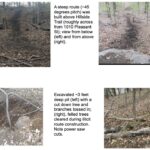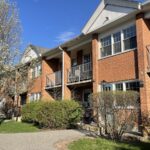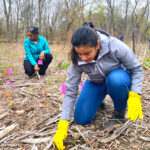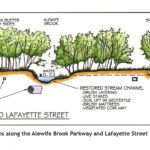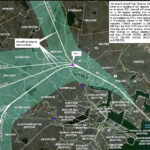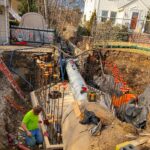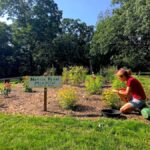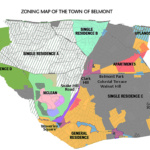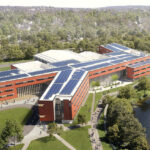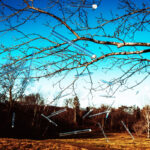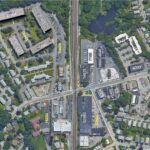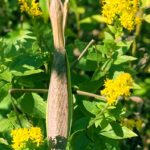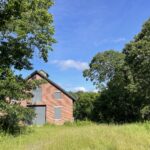
By Carl Solander How can Belmont use the McLean Barn? The Land Management Committee of Lone Tree Hill (LMC), in consultation with the Belmont Historic District Commission, is seeking ideas to give new life to this remnant of Belmont’s agricultural past. The McLean Barn, also known as the Brick Barn at Rock Meadow, was conveyed to the town in 2005 by McLean Hospital following the 1999 agreement that created the conservation land now known as Lone Tree Hill. The barn has been unused since that time, patiently awaiting the next chapter in its long life. In 1892, as the central [READ MORE]


